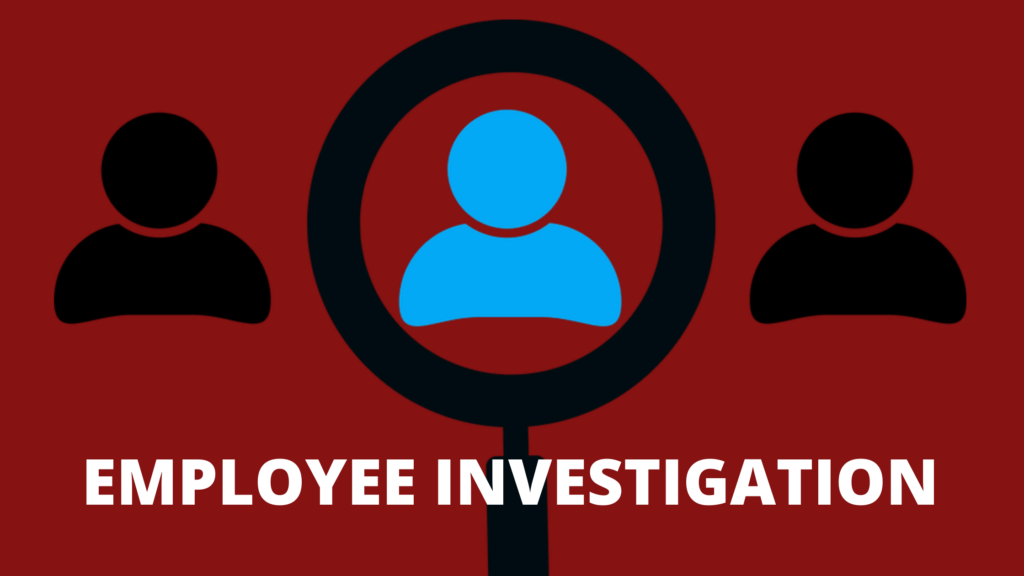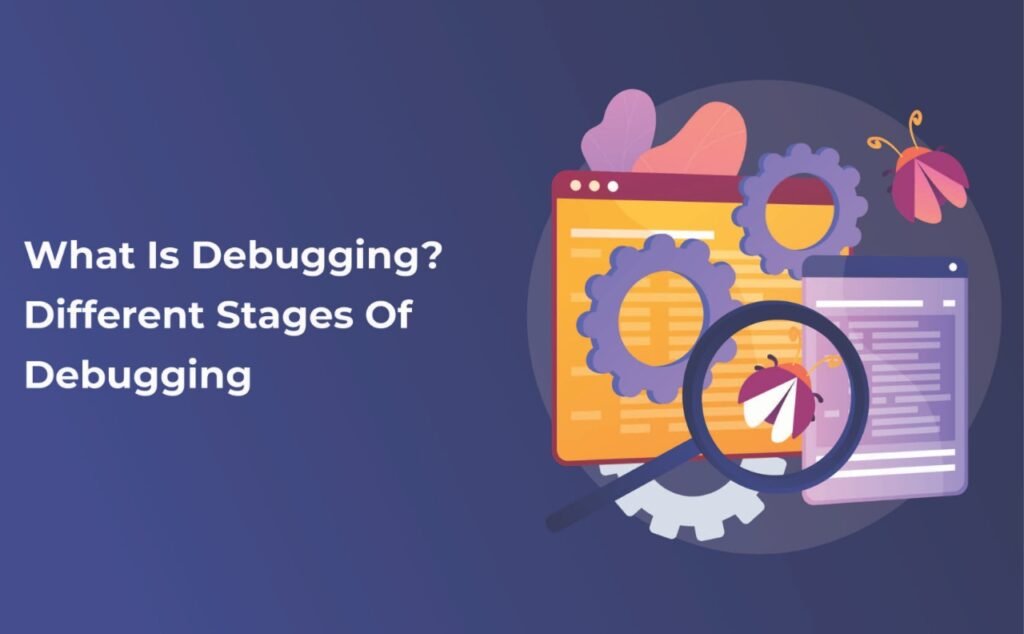As the business world changes quickly, it is more important than ever to ensure workplace safety. Undertaking comprehensive background checks is one of the best ways to accomplish this. Employers use background checks as a key tool to help them establish a safe, secure, and productive work environment. This in-depth manual examines the importance of employee background checks, how they affect worker safety, and the best ways to put them into practice.
Understanding Background Checks
Employers utilize background checks as a methodical way to confirm the qualifications, experience, and character of prospective hires. These investigations cover a wide range of topics, such as credit reports, work histories, criminal histories, and verification of schooling. Employers can make educated hiring judgments by obtaining important information about an applicant’s past through background checks.
Background Checks’ Significance for Maintaining Workplace Safety
1. Mitigating Risk
The primary objective of background checks is to mitigate the risks associated with hiring. By thoroughly examining an applicant’s history, employers can identify potential red flags that may indicate a risk to workplace safety. This proactive approach helps prevent incidents such as theft, violence, or other misconduct that could jeopardize the well-being of employees and the organization.
2. Protecting Company Reputation
One of the most important assets of a company is its reputation. Hiring an individual with a problematic past can lead to negative publicity, legal issues, and a loss of trust among clients and stakeholders. Background checks help safeguard the company’s reputation by ensuring that only individuals with a clean record and reliable background are brought on board.
3. Ensuring a Safe Work Environment
Creating a safe work environment is crucial for employee morale and productivity. Employees need to feel secure in their workplace to perform their best. Background checks contribute to a safe work environment by identifying individuals who may pose a threat to others, ensuring that the workplace remains free from potential hazards.
4. Compliance with Legal Requirements
Many industries are subject to regulatory requirements that mandate background checks for certain positions. For instance, sectors like healthcare, finance, and education often have stringent background check requirements to protect vulnerable populations and sensitive information. Adhering to these regulations is not only a legal obligation but also a step towards ensuring workplace safety.
Types of Background Checks
Background checks can vary based on the nature of the job and the industry. The following are a few typical kinds of background checks:
1. Criminal Background Checks
Criminal background checks involve searching an individual’s criminal history to identify any past convictions or pending charges. This check is crucial for positions that involve working with vulnerable populations, handling sensitive information, or operating in high-security environments.
2. Employment Verification
Employment verification involves confirming the accuracy of an applicant’s employment history, including past positions, job titles, and dates of employment. This check helps verify the candidate’s experience and ensures they have the qualifications required for the role.
3. Education Verification
Education verification confirms the authenticity of an applicant’s educational credentials, including degrees, diplomas, and certifications. This check is particularly important for positions that require specific educational qualifications.
4. Credit Checks
Credit checks are typically conducted for roles that involve financial responsibilities. They provide insights into an individual’s financial stability and responsibility, helping employers assess the risk of potential financial misconduct.
5. Reference Checks
Reference checks involve contacting an applicant’s previous employers or professional references to gather information about their work ethic, skills, and character. This check provides a comprehensive view of the candidate’s capabilities and suitability for the role.
6. Drug Screening
Drug screening tests are conducted to ensure that employees are not under the influence of illegal substances. This check is especially important for safety-sensitive positions, such as those in transportation or heavy machinery operation.
Best Practices for Implementing Background Checks
1. Develop a Clear Background Check Policy
A well-defined background check policy is essential for consistency and transparency. The policy should outline the types of checks conducted, the positions for which checks are required, and the process for handling the results. It should also include guidelines for obtaining candidate consent and ensuring compliance with legal requirements.
2. Obtain Candidate Consent
Before conducting background checks, it is important to obtain the candidate’s written consent. This guarantees that the procedure is carried out in an ethical and legal manner. Candidates should be informed about the types of checks being performed and their rights under relevant laws.
3. Use Reputable Background Check Providers
Partnering with reputable background check providers ensures the accuracy and reliability of the information obtained. These providers have access to comprehensive databases and employ trained professionals to conduct thorough checks.
4. Maintain Confidentiality
Confidentiality is paramount when handling background check information. Access to this information should be restricted to authorized personnel only, and the data should be stored securely to prevent unauthorized access.
5. Consider the Relevance of Information
When evaluating background check results, it is important to consider the relevance of the information to the position. Not every unfavourable result should automatically rule out a candidate. Employers should assess the severity and context of the findings in relation to the job responsibilities.
6. Provide an Opportunity for Explanation
Candidates should be given an opportunity to explain any negative findings in their background checks. This allows them to provide context and clarify any discrepancies. Employers should consider these explanations before making a final decision.
7. Ensure Compliance with Legal Requirements
Background checks must be conducted in compliance with applicable laws and regulations. Employers should stay informed about federal, state, and local laws governing background checks to avoid legal pitfalls and ensure fair hiring practices.
8. Regularly Review and Update Background Check Policies
Background check policies should be regularly reviewed and updated to reflect changes in laws, industry standards, and organizational needs. This ensures that the policies remain relevant and effective in maintaining workplace safety.
How Private Investigators Can Ensure Workplace Safety in India
Private investigator play a crucial role in ensuring workplace safety in India by providing comprehensive background checks, surveillance, and investigative services. These professionals help employers identify potential risks and mitigate threats before they escalate. By conducting thorough background checks, private investigators verify the credentials and history of prospective employees, uncovering any criminal records or discrepancies that could pose a danger to the workplace.
Surveillance and monitoring services provided by private investigators help identify any suspicious activities or behaviors within the organization. This proactive approach detects and addresses potential threats early. Additionally, private investigators can conduct internal investigations to uncover incidents of fraud, theft, harassment, or other forms of misconduct, thereby maintaining a safe and secure work environment.
In India, where workplace safety regulations are becoming increasingly stringent, the expertise of private investigators is invaluable. They ensure compliance with legal requirements and industry standards, providing employers with the confidence that their workplace is safe and secure. By partnering with private investigators, companies can foster a culture of safety and trust, ultimately enhancing productivity and employee morale.
Conclusion
In conclusion, ensuring workplace safety through background checks is a critical component of effective hiring practices. By thoroughly vetting candidates, employers can mitigate risks, protect their reputation, and create a safe and productive work environment. Implementing best practices and leveraging technology further enhances the efficiency and accuracy of background checks, making them an indispensable tool for modern businesses.
Private investigators are essential for enhancing workplace safety in India through their comprehensive background checks, surveillance, and investigative services. Their expertise allows employers to proactively identify and mitigate potential risks, uncover discrepancies, and address any suspicious activities before they escalate. In an era of increasingly stringent workplace safety regulations, private detective agency in India, ensure that organizations comply with legal standards and maintain a secure environment.
By incorporating private investigators into their safety protocols, companies can significantly improve their risk management strategies, foster a culture of trust, and boost employee morale and productivity. Ultimately, background checks and investigative services are not just procedural steps but vital practices that safeguard both employers and employees, contributing to a thriving and secure workplace. Prioritizing these practices is crucial for long-term success, ensuring that organizations remain safe, compliant, and well-protected against potential threats.



